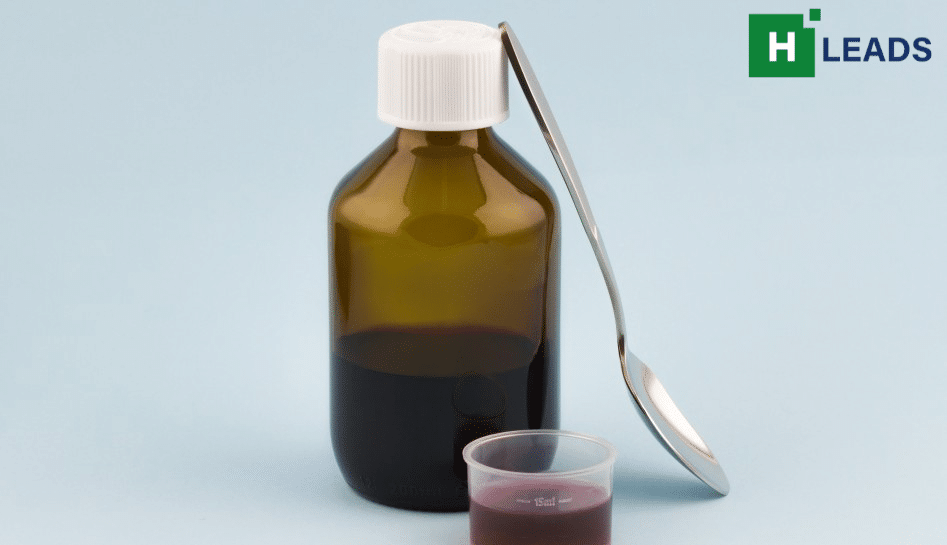The deaths were associated with the ingestion of adulterated anti-histamine and cough-and-cold syrups, manufactured in a single batch in 2021 by an Indian pharmaceutical company, Maiden Pharmaceuticals
The four syrups imported from India were responsible for the deaths of 70 children from Acute Kidney Injury (AKI) in Gambia in November, according to the Presidential Taskforce Report which was unveiled by the government on July 21 at a press briefing.
The deaths were associated with the ingestion of adulterated anti-histamine and cough-and-cold syrups, manufactured in a single batch in 2021 by an Indian pharmaceutical company, Maiden Pharmaceuticals.
The incident prompted the WHO to issue a global medical product alert against the four contaminated products followed by an inspection and shutdown of the production facility by the Indian authorities.
“All 4 of these products were manufactured by Maiden Pharmaceuticals in India and were imported to Gambia by Atlantic Pharmaceuticals,” Health Minister Dr Ahmadou Lamin Samateh said at the press briefing.
The Indian drug maker Maiden Pharmaceuticals has already denied any wrongdoing and the Indian government has said that tests it conducted on the drugs showed they were not contaminated.
On January 24, the Economic Times reported that the four-member committee submitted the report to the Drugs Controller General of India (DCGI). The report not only said that there was no proof of a link between the deaths and the four products in question, but also that the WHO provided lab test reports of only four products and not the 17 others which were tested and were under question.
However, Dr Samateh attributed death of these children to the consumption of toxic levels of Ethylene Glycol (EG) and Diethylene Glycol (DEG) found in four syrups namely, promethazine oral solution BP, Kofexmaline baby cough syrup, MakoFF baby cough syrup and MaGrip cold syrup.
According to allafrica.com, Dr Samateh said AKI is a sudden onset of deteriorating function of the kidneys which manifests as Oliguria (diminished urination) or anuria (absent urination) and other symptoms such as oedema, confusion, nausea, vomiting, diarrhea, shortness of breath, coma etc.
“This is because the kidneys are damaged and unable to maintain the internal milieu of the body, leading to accumulation of toxic products of metabolism which becomes fatal in some cases. Acute Kidney Injury has many causes and among these are Escherichia Coli infection, severe dehydration which might be as a result of diarrhea and vomiting, nephrotoxic drugs and substances and malaria among others,” Dr Samateh said.
The Gambian Ministry of Health was alerted on July 26, 2022, on the increasing number of children presenting at the Edward Francis Small Teaching Hospital with signs of AKI, with many of them succumbing to the disease, Dr Samateh said.
Subsequently, the minister added, the WHO was contacted for support in handling the outbreak, and an Incident Management System was set up and co-chaired by the Ministry of Health and WHO, to manage the situation.
“Since this phenomenon was unprecedented in this country, it was very difficult to ascertain at first, what was causing the Acute Kidney Injury (AKI). The Committee suspected that AKI could be caused by drug toxicity since paracetamol toxicity was identified as the cause of AKI in some countries in the past. The World Health Organization Country Office helped to send patient samples and samples of the drugs used by the patients to laboratories in Senegal, Ghana, France and Switzerland,” he said.
The WHO confirmed the presence of toxic levels of Ethylene Glycol (EG) and Diethylene Glycol (DEG) in the four syrups.
“All four of these products were manufactured by Maiden Pharmaceuticals in India and were imported to The Gambia by Atlantic Pharmaceuticals. Government immediately banned Atlantic pharmaceuticals who got their license withdrawn and their premises closed. This was followed by police investigations into their activities,” Dr Samateh said.
“The Medicines Control Agency then sprang into action with a series of steps to remove the drugs from circulation, which steps included a ban on the sale and consumption of all Maiden Pharmaceutical products in Gambia. This was followed by a recall of all products from the drug outlets and households, and that the outbreak was controlled by November 2022, after the products were removed from circulation,” he added.
“We have never lost sight of the fact that sadly, 70 children died as a result of the outbreak. The AKI outbreak was a national tragedy,” he further said.
Also read: WHO probing Indian cough syrup after 66 children die in Africa


















Add Comment